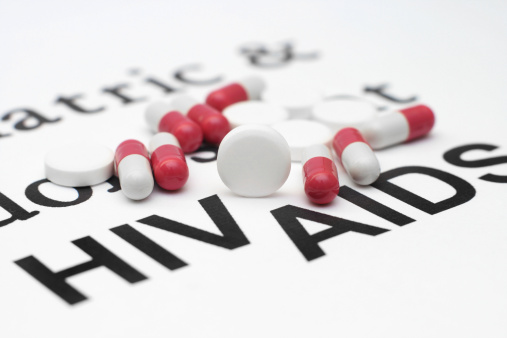 A new experimental vaccine shows promise in helping to protect some mammals against contracting the HIV virus, an auto-immune deficiency disease that often leads to AIDS. Scientists have used the vaccine on monkeys with a level of success, and hope to eventually develop the vaccine for human use, ABC News is reporting.
A new experimental vaccine shows promise in helping to protect some mammals against contracting the HIV virus, an auto-immune deficiency disease that often leads to AIDS. Scientists have used the vaccine on monkeys with a level of success, and hope to eventually develop the vaccine for human use, ABC News is reporting.
The study published in the medical journal Nature indicates that the vaccine may be capable of preventing the contraction of the HIV virus when exposed to even the most unusual strains. Monkeys who were vaccinated against the SIV virus, the HIV version of the disease found in monkeys, reduced their risk of contracting the disease by 80 percent.
If the monkeys did become infected, the virus was concentrated at a lower level than other monkeys who were not given the vaccine.
The success of the vaccines has been attributed by an element, Env, an antibody capable of destroying the HIV virus.
“The study demonstrates very clearly that in order to prevent acquisition of the virus, a vaccine needs to have an Env glycoprotein component,” said Eric Hunter, professor of pathology and co-director of the Center for AIDS Research at Atlanta’s Emory University who was not involved with the study. “I would say this is significant progress in the process of trying to develop a protective HIV vaccine.”
Scientists are underway in creating a human version of the HIV vaccine.
“We’re trying to bring those human findings full circle, and this gets us about half way around the loop,” said Dr. Carl Dieffenbach, director of the division of AIDS for the National Institute of Allergy and Infectious Diseases.
Reasearchers leading the study have tested elements of the HIV vaccine in a 2009 human trial, and will combine findings with current results from their latest study.











